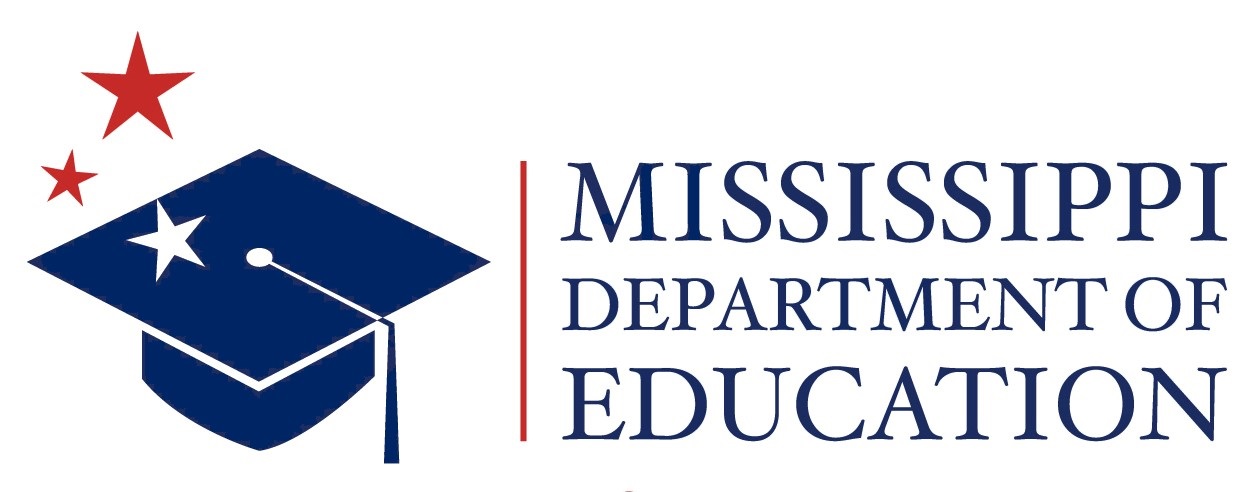September 26. 2016
JACKSON, Miss. – The U.S. Department of Education (ED) has awarded the Mississippi Department of Education (MDE) $189,781 in Advanced Placement (AP) grants as part of its efforts to boost college- and career-readiness for historically underserved students. Mississippi is one of 41 states and Washington, D.C., that received a total of $28.4 million to help defray the costs of taking advanced placement tests for students from low-income families.
The grants are used to help pay for students from low-income families taking approved advanced placement tests administered by the College Board, the International Baccalaureate Organization and Cambridge International Examinations. By subsidizing test fees, the program encourages all students to take advanced placement tests and obtain college credit for high school courses, reducing the time and cost required to complete a postsecondary degree.
“These grants help create equitable access to opportunities to earn college credit while in high school,” said Dr. Carey Wright, state superintendent of education. “There is no limit to what students can achieve when financial barriers are removed and students are given the opportunity to excel.”
Levels of funding per state were determined on the basis of state estimates of the numbers of tests that would be taken by students from low-income families. Mississippi has received funds from the Advanced Placement Test Fee Program for the past three years.
“We are working to increase the number of students exposed to AP courses and exams,” said Jean Massey, MDE executive director of secondary education. “The AP exams let us know that students are getting a good AP experience and are prepared for postsecondary coursework.”
Based on the anticipated number of tests to be taken, the grants under the Advanced Placement Test Fee Program are expected to be sufficient to pay all but $15 of the cost of each advanced placement test taken by low-income students.
“The cost of a test should never prevent students from taking their first step towards higher education through advanced placement courses,” said James Cole Jr., general counsel delegated the duties of deputy secretary of ED. “These grants are an important tool for states, and ultimately schools, to empower students from low-income neighborhoods to succeed in challenging courses.”
Media Contact:
Patrice Guilfoyle, APR
Director of Communications
601-359-3706
Jean Cook, APR
Communications Specialist
601-359-3519



